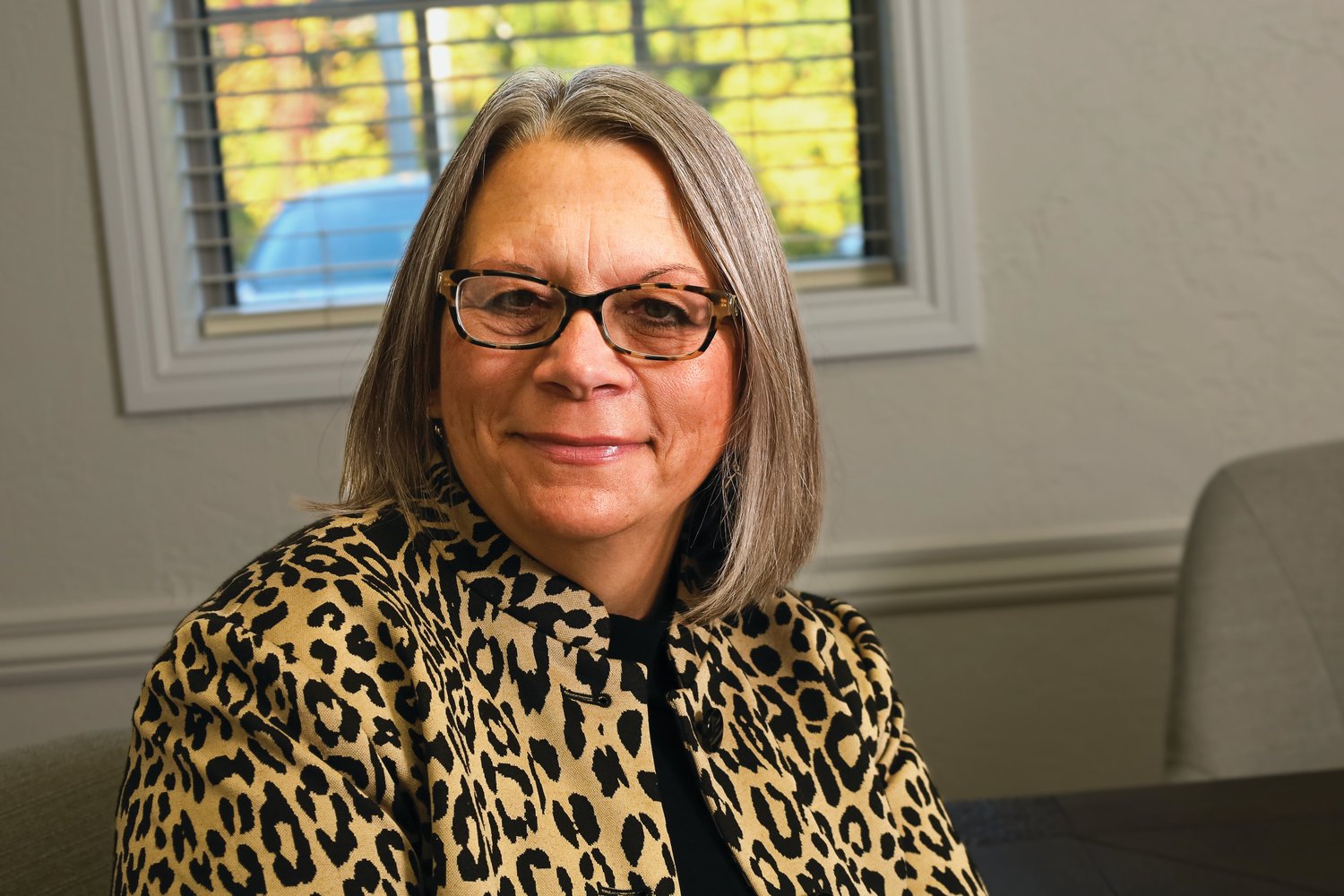
Penney Rector | Partner
BY: Christine Temple, Executive Editor | Originally posted at Springfield Business Journal
After serving in public education for two decades, most recently at Springfield Public Schools as chief human resources officer, why move to private practice to open the Springfield office of Mickes O’Toole?
I was with the attorney general’s office before I jumped into public education and enjoyed that practice. When it came time to retire from public education, given the retirement system that we have in place for school employees, it made sense to transition back to the sort of work that I was familiar with. Continuing to be able to support public education and all that it means for our children was very important to me.
What are the most pressing legal challenges facing school districts?
You want to make sure that you have structures and systems in place that support your staff, your employees. Issues often arise in that arena. We want to make sure that we’re doing all those things that we need to be doing to ensure that our staff have resources, access, information and supports. In public schools we have that unique subset, as well, of students. So, making sure that we are supporting our students in the best way possible academically, through special services if those are needed and in our disciplinary processes. My practice primarily focuses on general counsel services and on human resources and employment-related matters. I have the privilege of working with school districts day to day on issues that arise in their normal course of business, whether that be how to handle a particular student matter or an employee concern or situation or need. I also assist districts with overtime issues or contract review and entry, negotiations with unions.
A number of districts across the country started the school year with teacher strikes. Is this related to challenges teachers have faced coming off the pandemic? Has the climate within schools brought on more strikes and what is happening to mitigate those concerns?
Thankfully in Missouri, striking is not an option for our certified staff. We are fortunate in that we haven’t had a disruption that we’ve seen in other areas, but I think you are exactly correct. Concerns have been exacerbated coming out of the pandemic. We felt a little, perhaps, dismayed because we weren’t seeing ourselves return, particularly in the classrooms, to what we were accustomed to. Then you have the workforce challenge. We knew we had a teacher workforce shortage that we were facing and going to be facing, but you couple that with the general workforce shortage for all staffing positions. In Missouri, we are very thankful that our General Assembly did allocate additional funds to support teachers’ starting salaries in Missouri for this school year, but we know that we are woefully underfunded when it comes to supporting all teachers’ compensation across our state. And then there are all the other things that come into play as well that impact those climate and culture needs in our districts. It continues to be an area where our school administrators and boards of education focus their time and attention, and rightly so. We work with school districts (to ask) what are the resources that we offer? What are some of the benefits that we offer? Can we restructure or rethink some of those benefits that will better meet our workforce needs? How do we make sure that all of our processes and systems are aligned with the legal requirements?
Have there been any notable legislative changes or regulatory changes as it relates to educational institutions that you’re watching?
The one that comes to mind first is the Title IX regulations that are currently pending. Prior to the end of the last presidential administration, we had a change in the federal regulations around Title IX. As it relates to school, we’re talking about investigations for sexual harassment. We’ve worked with districts over the last couple of years to make sure that they’re trained and have an understanding in how to conduct investigations and what those processes require. That’s one area where we have spent a substantial amount of time working with school districts. We had what I would refer to as rather simple investigative requirements that were in place previously. Then with the prior administration, the way that you conduct an investigation, who can conduct an investigation was amended. Now, we’re awaiting some decisions on what that might look like moving forward.
